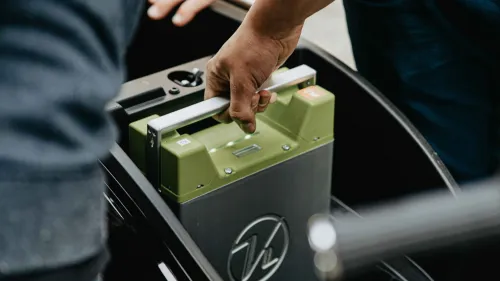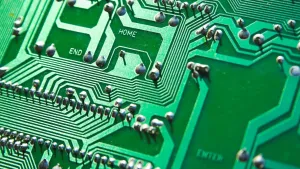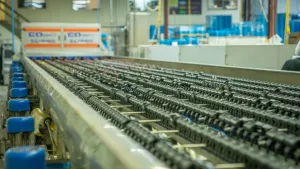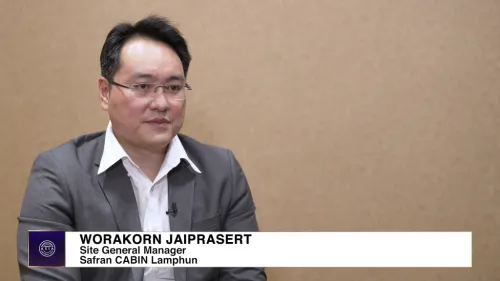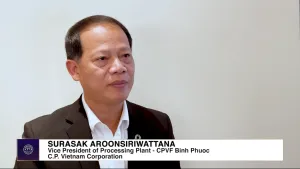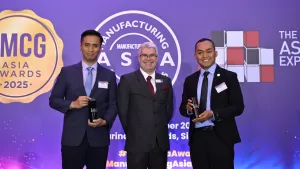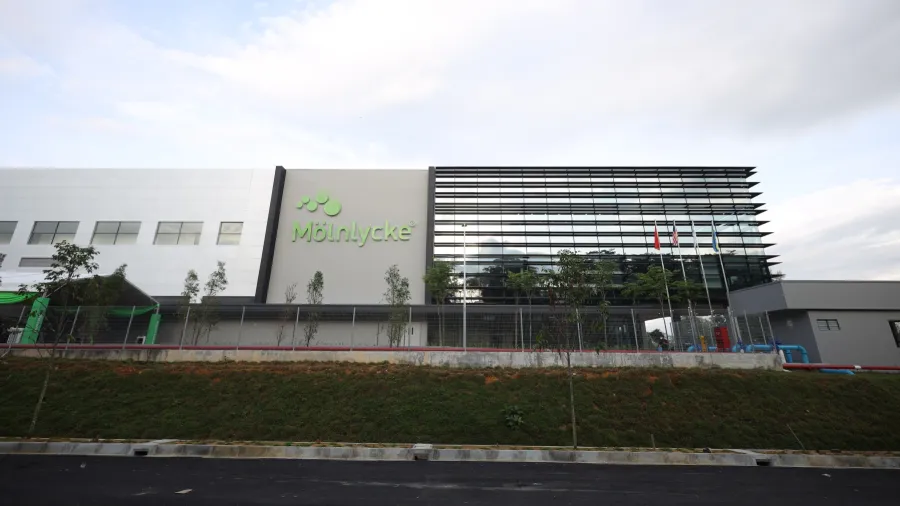
Newly-built glove plant in Kulim utilises wastewater treatment technology
Enabling circular water management at the Mölnlycke plant with Veolia Water Technologies.
World-leading medical products and solutions company Mölnlycke has opened a new surgical glove plant in Kulim Hi-Tech Park, Kedah as part of its strategic sustainability roadmap to meet the healthcare manufacturing industry's increasing demands.
The glove plant, which has a land area of 29,164 sq. m. and a building footprint of 14,620 sq. m. is fully equipped with a cutting-edge automated glove production and packaging line. Currently, the site can produce 50 million pairs of surgical gloves. This will substantially increase to 200 million pairs at full capacity by 2026.
It is expected to increase production capacity to meet future demand for high-quality surgical gloves and to create some 400 new job opportunities within Malaysia.
Mölnlycke has made an investment of close to EUR 50 million in land, construction, and equipment with the opening of the site in Kulim.
Acknowledging that the manufacturing process of surgical gloves is resource-intensive, Mölnlycke has partnered with Engie and Veolia Water Technologies to implement the best-in-class sustainable energy and water/wastewater treatment solutions at the new plant.
ENGIE will be supplying the plant with its energy source by installing solar panels to power the manufacturing production and operations, whilst Veolia will be assisting in improving the plant’s water and wastewater management.
The new plant in Kulim is equipped with Veolia’s solutions that are expected to achieve a circular economy and reduce waste in the manufacturing processes, as well as recycle and reuse processed water both on-site and via third parties.
It is equipped with water and wastewater technologies such as clarification, moving bed biofilm reactor, multimedia filtration, UV sterilisation, and chemical dosing, amongst others.
Ensuring sustainability in water treatment
Veolia Water Technologies provided the Mölynlycke plant with a complete range of water treatment systems and total water management services that are designed to meet the most stringent water quality requirements for both industrial clients and public authorities.
The company helps Mölnlycke reduce its water footprint whilst generating considerable savings in energy and chemical consumption by optimising its water cycle and performance monitoring.
In the Mölnlycke plant, the raw water from Syarikat Air Darul Aman is treated chemically before flowing into the multimedia filter. To comply with stringent bacteria count requirements, UV disinfection is deployed as the last treatment step prior to consumption at the glove production line.
Veolia had to study every process in the glove manufacturing industry, collecting information at each and every step of the wastewater generated. Veolia then segregated the wastewater into different streams for more targeted and efficient treatment processes.
Further downstream, the wastewater treatment plant combines the power of sedimentation, biodegradation, and microbubbles to ensure discharge quality requirements are met.
The wastewater treatment process begins with sedimentation, where suspended solids and specific minerals are blended with coagulants to form large, easily settled flocs in Veolia’s Multiflo™ unit. These flocs accumulate at the bottom of the equipment whilst clarified water flows to the next phase for further treatment.
After sedimentation, the clarified wastewater flows into a biological Moving Bed Biofilm Reactor tank for further biodegradation process. Veolia’s proprietary biofilm carriers move freely by aeration, whilst microorganisms feed on contaminants and further purify the water as part of their biological activity.
Suspended solids are then brought to the surface of water via microbubbles as part of the enhanced separation. Floated sludge is then scraped off from the water surface.
Lastly, sludge from the Idraflot™ and Multiflo units is chemically conditioned for further thickening before being pumped into the filter press for dewatering.
The process effectively improves the discharge quality closer to recycled water quality standards. In addition, Veolia’s digitalised system also reduces the plant’s water consumption by 50%.
With sustainability being a key aspect of the partners’ strategic focus area, the Mölnlycke plant endeavours to build a sustainable healthcare manufacturing ecosystem that will effectively meet the industry’s demand for high-quality surgical gloves with minimum environmental impact.
